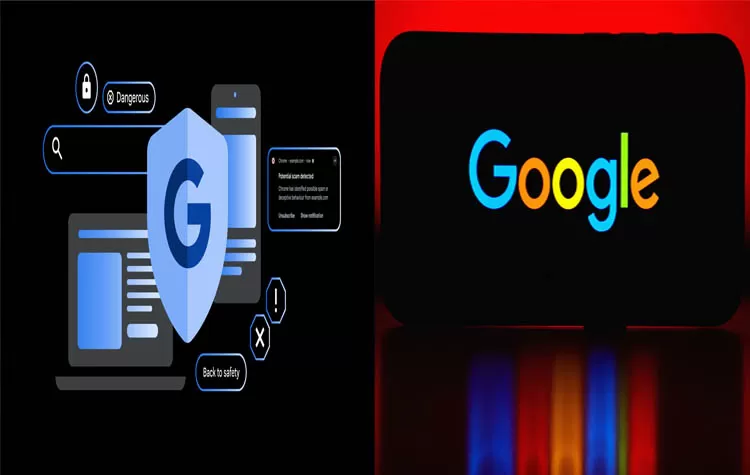
AI Is Making Online Fraud Easier
Indeed, the growth of technology also helps criminals find new ways to deceive people. Google has issued a warning over fake job ads, business websites, and apps built using generative AI. The company said such scams are increasing quickly, especially during the festive shopping season and at the end of the year when job searches peak.
Fraudsters use AI for impersonations of real companies.
According to the Trust & Safety team at Google, scammers are using AI tools to design fake job postings, applications, and websites that appear to be official company pages. Many job seekers and small business owners have fallen for the fakes because they looked so real.
Most of these schemes involve fake recruiters using the names of reputed companies. They collect personal information and ask for money to cover "processing fees." Some scammers even send fake "interview software" which contains malware to steal personal information.
It also reminded users that no reputable company would ever request bank information or money when hiring.
Businesses too are being targeted.
Google said fraudsters are also now using a scheme called "review extortion" to scam businesses. The fraudsters leave multiple one-star reviews to damage business reputations, then demand payment to take them down. Businesses can now report this kind of extortion directly through their Google Business Profile.
Counterfeit AI applications and websites are on the rise.
The company also saw a growing number of phony AI-related apps and websites. These kinds of platforms advertise "free access" or "exclusive versions" to various AI tools, but they install malicious software that could further steal login or account details. Some VPN apps also contain concealed malware.
Google's Response to Protect Users
Google fights these scams by improving security in its variety of platforms, such as introducing AI-based protection in Safe Browsing, following strict policies in the Play Store, and embedding features of real-time scam detection in Gmail and Google Messages.













